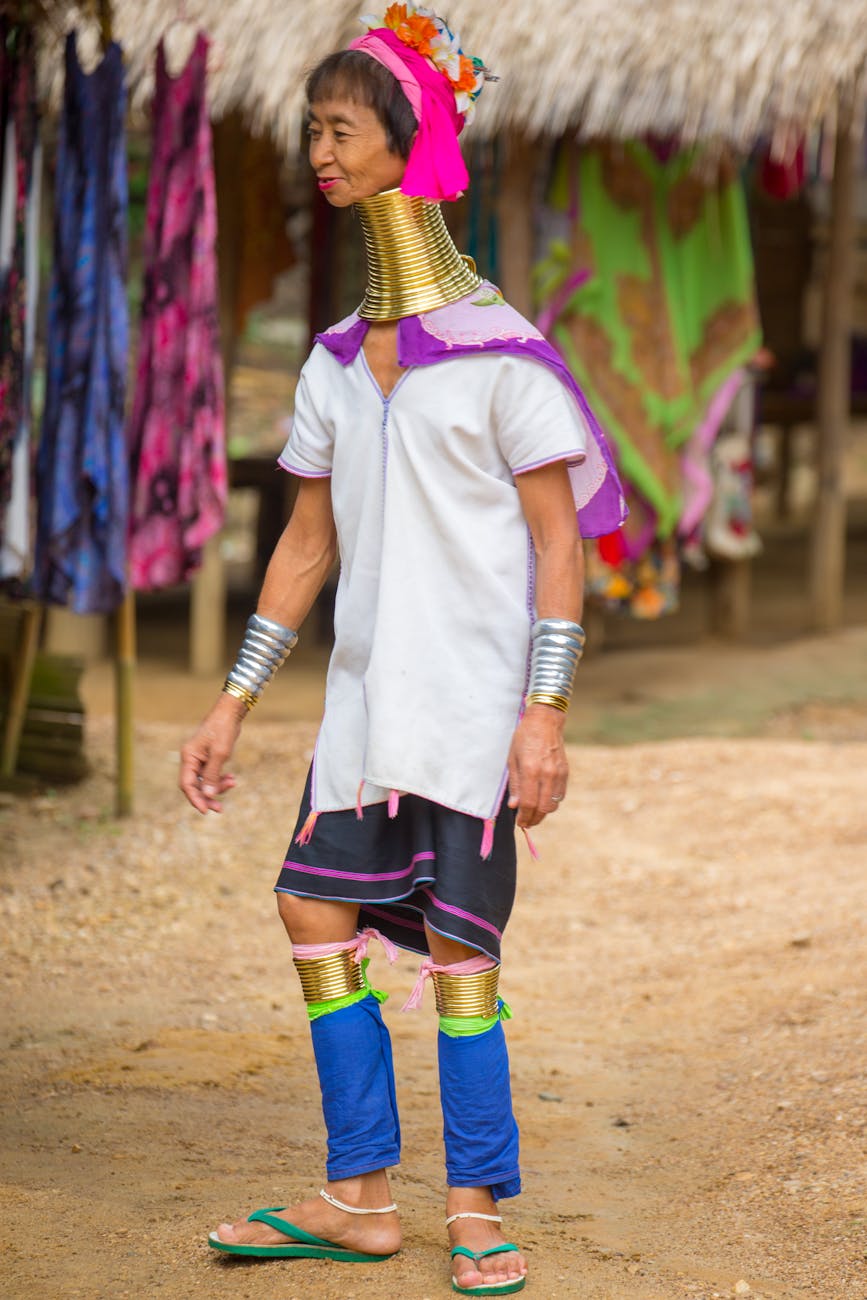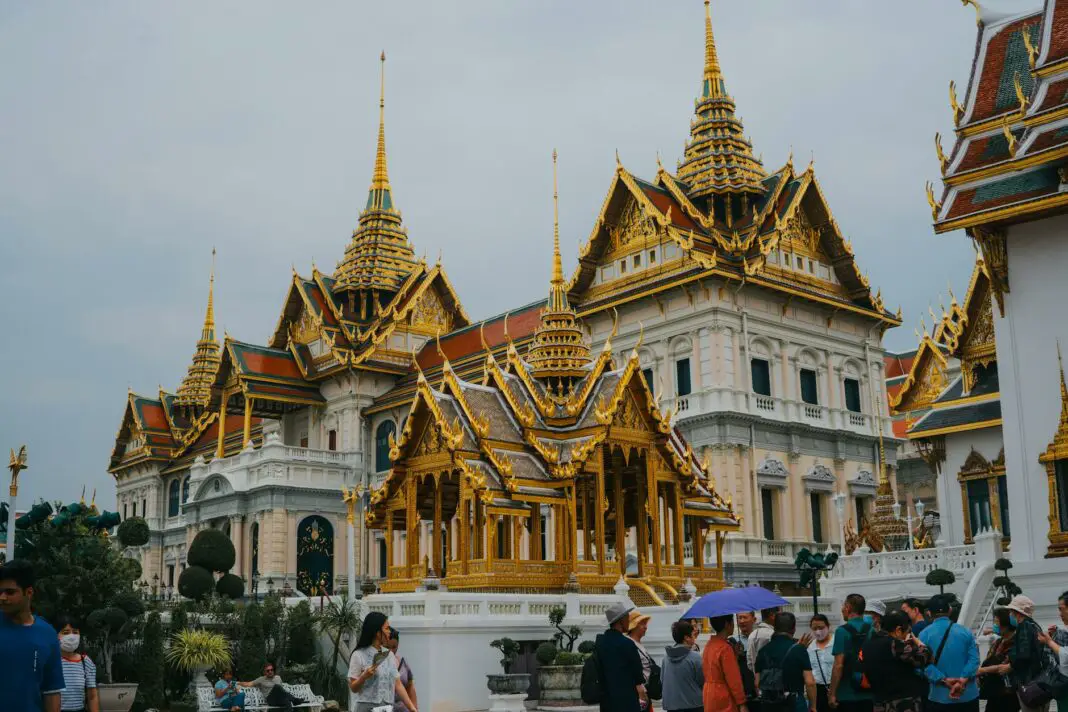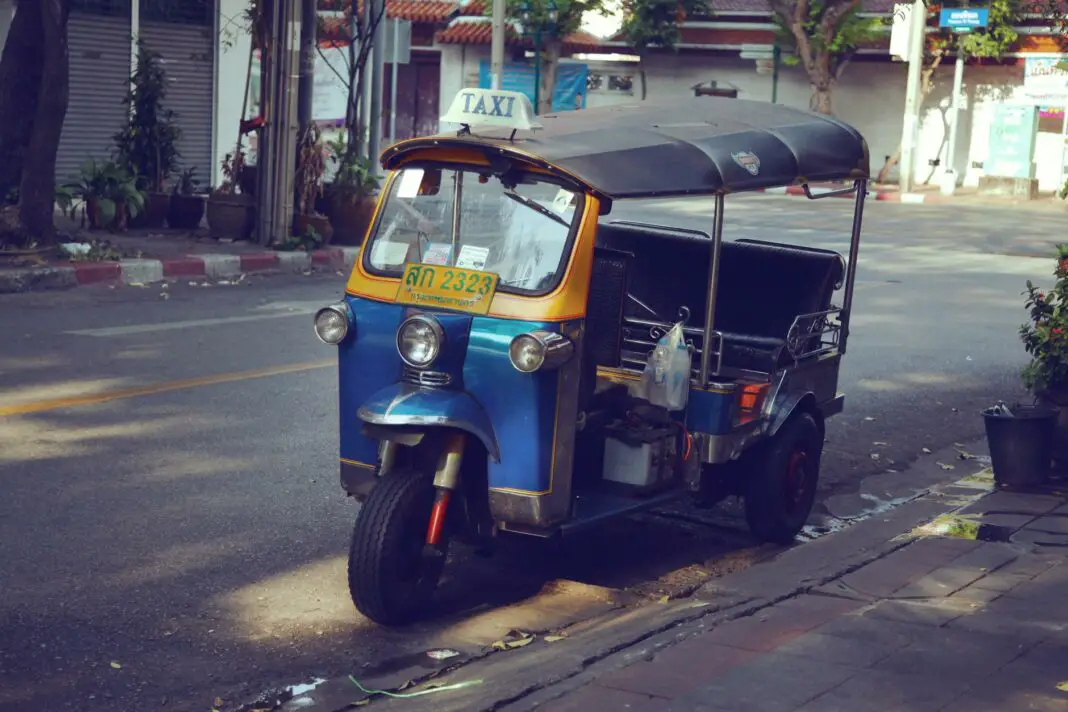Experience the vibrant tapestry of Thailand, a country renowned for its breathtaking landscapes, rich culture, and, most significantly, its enchanting festivals. Each year, travelers flock to this Southeast Asian gem to immerse themselves in the splendid celebrations that reflect the deep-rooted traditions and colorful heritage of the Thai people. From the exhilarating Songkran water festival that ushers in the Thai New Year to the mesmerizing Loy Krathong festival of lights, these events promise unforgettable adventures marked by unique rituals and lively festivities.
In this blog post, we uncover the secret traditions that make Thailand’s festivals mesmerizing experiences. Whether you are a first-time visitor or a seasoned traveler, understanding the cultural significance and hidden meanings behind these celebrations will enrich your journey, allowing you to connect with the local people and appreciate the sheer joy that these events bring. Let’s delve into the magical world of Thailand’s festivals and explore why they are celebrated with such fervor.
Table of Contents
- Songkran: The Water Festival
- Loy Krathong: The Festival of Lights
- The Vegetarian Festival: A Spiritual Culinary Adventure
- Makha Bucha: A Day of Reflection
- Chiang Mai Flower Festival: A Blooming Extravaganza
- Actionable Insights and Tips for Festival-Goers
- Frequently Asked Questions
Songkran: The Water Festival
The Songkran festival, celebrated from April 13 to 15, marks the traditional Thai New Year and is perhaps the most famous festival in Thailand. This jubilant celebration involves water fights, cultural processions, and visits to temples. Water, symbolizing purity and renewal, plays a central role as participants splash one another with water, a gesture that represents the washing away of sins and bad luck. The excitement is palpable as locals and tourists alike take to the streets armed with water guns, buckets, and hoses, creating a hilarious and vibrant atmosphere.
While the water fights provide joyous entertainment, the festival holds deeper meanings as well. It connects participants to their cultural roots, reminding them of the importance of family, respect for elders, and the essence of making merit. Originating from the ancient ritual of pouring fragrant water over Buddha statues and the hands of elders, Songkran is a beautiful blend of celebration and spirituality, offering a unique glimpse into the heart and soul of Thai culture. Dive into the frenzy and savor the incredible spirit of Songkran; it is a festival that rejuvenates the spirit and invigorates the senses.
Loy Krathong: The Festival of Lights
Celebrated on the full moon of the twelfth month in the Thai lunar calendar, Loy Krathong is one of the most enchanting festivals in Thailand. This festival symbolizes the end of the rainy season and pays homage to the river goddess, Phra Mae Khongkha. The beautiful act of setting afloat krathongs—small boats made from banana leaves, adorned with flowers and candles—creates a stunning tableau of flickering lights on rivers and lakes across the country. Observing this breathtaking spectacle is truly an unforgettable experience.
Loy Krathong encapsulates feelings of gratitude, forgiveness, and hope. As locals release their krathongs into the water, they symbolically let go of bad luck, grievances, and misfortunes, welcoming new beginnings. The atmosphere is one of serenity and beauty, as people gather to enjoy music, fireworks, and traditional Thai performances. Attending Loy Krathong allows you to partake in a powerful tradition that connects you to the rhythm of nature and the beliefs of the Thai people. It’s a deep dive into an extraordinary celebration that transcends mere entertainment.
The Vegetarian Festival: A Spiritual Culinary Adventure
Taking place during the ninth lunar month, the Vegetarian Festival is a unique event celebrated primarily in Phuket, where locals observe strict vegetarianism to purify the soul. This extraordinary festival is characterized by vibrant street processions, mouth-watering vegetarian dishes, and fervent rituals dedicated to Chinese deities. The culinary offerings, often made with fresh vegetables and soy products, are not only delicious but also hold cultural significance, reflecting a commitment to health and morality.
Participants of the Vegetarian Festival often engage in dramatic, trance-like rituals, showcasing their spiritual devotion and connection with the gods. Spectators have an opportunity to witness sacred ceremonies and traditional performances, enhancing their understanding of Thai-Chinese culture. Observing such intense devotion and colorful parades is a profound experience, making the Vegetarian Festival a remarkable intersection of culture, tradition, and cuisine that every traveler should encounter.
Makha Bucha: A Day of Reflection
Makha Bucha is a holy day in Buddhism that commemorates the teachings of the Buddha and falls on the full moon day of the third lunar month. It is a time for Thais to gather at temples, engage in prayers, and reflect on the Buddha’s principles of compassion, kindness, and morality. The serene atmosphere during this festival is punctuated by candlelight processions and chants, creating a soulful experience that resonates deeply with participants.
The festival’s significance lies in its promotion of peace and spiritual growth, as individuals gather to reaffirm their commitment to Buddhist principles. Engaging in this beautiful practice allows you to witness the serene side of Thai culture and observe how deeply spirituality influences daily life. Makha Bucha invites travelers to share in this profound reflection, promoting a unique opportunity to explore the spiritual essence of Thailand.
Chiang Mai Flower Festival: A Blooming Extravaganza
The Chiang Mai Flower Festival is an annual celebration that takes place on the first weekend of February, showcasing the floral beauty of northern Thailand. Streets are adorned with vibrant flower displays, cultural performances, and a grand parade featuring elaborately decorated floats. The festival draws locals and tourists alike who revel in the beauty of the countless flowers, including orchids, marigolds, and chrysanthemums that bloom in a riot of colors.
More than just a feast for the eyes, the festival emphasizes the importance of nature and environmental consciousness among the Thai people. The flowers symbolize joy and beauty, representing the fruitful results of passionate labor. Engaging with this festival allows visitors to appreciate the stunning landscape of Thailand and the intricate bond that Thais have with their natural surroundings. Participate in cultural workshops or take part in the parade to get a truly immersive experience that captures the exuberance and vitality of Thai culture.
Actionable Insights and Tips for Festival-Goers
Attending Thailand’s festivals is not just about observing; it’s about immersing yourself in the culture. To make the most of your festival experience, consider a few actionable insights. First, research festival dates and locations to ensure you’re present during their peak celebrations. Arrive early to claim a good spot and experience the initial excitement as the events unfold. Diversify your experience by participating in local customs, such as trying traditional foods or joining in on local dances. Engaging with locals can provide deeper insights into the festival’s significance and create memories that last a lifetime.
Additionally, pack appropriately for the weather and activities. Comfortable clothing, sunscreen, and a sense of adventure are essential. Don’t hesitate to capture the stunning moments, but remember to be respectful and considerate while taking photos. Attending these festivals serves as an opportunity to connect with a culture that is rich in tradition and joy. By being open and respectful, you truly capture the essence of what makes Thailand’s festivals remarkable.
Frequently Asked Questions
What is the best time to visit Thailand for festivals?
Thailand hosts a multitude of festivals year-round, but the best time to visit for the most popular ones, such as Songkran and Loy Krathong, would be either April or November.
Are the festivals suitable for families?
Absolutely! Festivals like Loy Krathong and the Chiang Mai Flower Festival are family-friendly and offer activities and experiences for all age groups.
How do I participate in the festivals as a tourist?
Joining local celebrations, dressing in traditional attire, and engaging in festival activities are great ways to experience the culture authentically. Always respect local customs and practices.
What should I keep in mind while attending festivals in Thailand?
Be mindful of your behavior, dress appropriately, and follow local guidelines. This will enhance your experience and show respect for the cultures you are engaging with.
Immerse Yourself in Thailand’s Vibrant Culture
Thailand’s festivals are a window into its vibrant culture, brimming with unique traditions that provide unforgettable experiences. From joyful water fights to serene candlelit gatherings, each festival offers a distinct perspective on the country’s heritage, inviting you to delve deeper into local customs and traditions. Embrace the spirit of Thailand, and you will discover that these traditions are not just celebrations, but essential aspects of what makes the country so incredibly special. Don’t miss out; allow the magic of Thailand’s festivities to create memories that will last a lifetime.
Image Credit: Pexels





